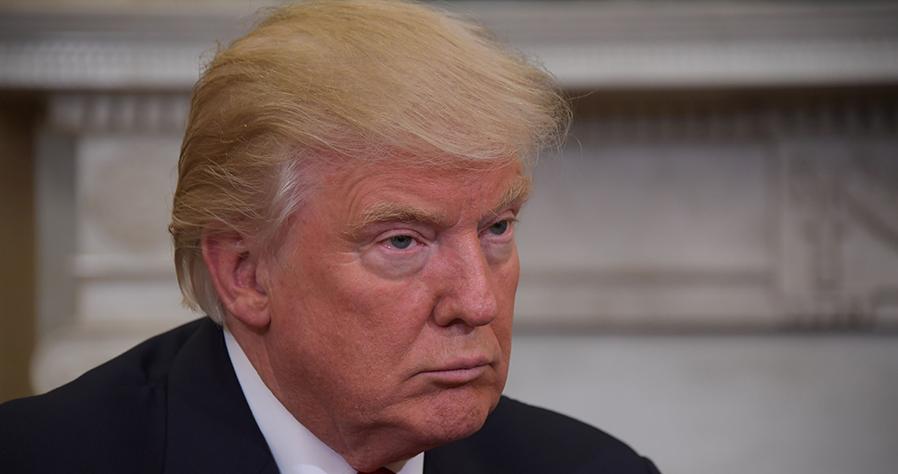
Daniel Ikenson, Director, Cato Institute’s Herbert A. Stiefel Center for Trade Policy Studies
Feb 03, 2017
Like a slow motion train wreck, we can see what’s coming, but are powerless to stop it. No longer do facts matter. No longer is there appetite for cautious deliberation. No longer can we assume cooler heads will prevail. The guardrails and emergency brakes that prevented the relationship from running off the tracks in the past have fallen into disrepair. Where else to go, but into the abyss?
Colin Moreshead, Freelance Writer
Jan 17, 2017
Few recent developments in Sino-US relations, preceding the 2016 presidential election, strained the imagination. Enter Donald Trump.

Patrick Mendis, Visiting Professor of Global Affairs, National Chengchi University
Jan 16, 2017
As the TPP trade pact fizzles away, China would happily expand its domain of influence in the Pacific Rim region while U.S. allies and friends inevitably look for a more reliable partner in the neighborhood. As these geopolitical realities set in, will Trump’s campaign promises to “Make America Great Again” eventually result in “Making China Great Again” and leave the U.S. much less relevant?
Elizabeth Muller, Executive Director, Berkeley Earth
Jan 17, 2017
With the advent of the Trump administration, many environmentalists are experiencing a sense of utter depression. President-elect Trump does not appear to agree that rapid development of renewable energy is good for the economy and the odds are that he and his Republican Congress will cancel many of the programs and incentives, such as subsidies, that were meant to promote renewables.
Ted Galen Carpenter, Senior Fellow, Randolph Bourne Institute
Jan 13, 2017
Neither China nor the United States should rationally wish to see a confrontation develop with a crucial economic partner. But we should also be aware of the limits of economic links as a restraining factor. For the first time since the rapprochement that Richard Nixon and Henry Kissinger orchestrated in the early 1970s, an incoming U.S. president seems to be considering translating the China-bashing rhetoric of a presidential campaign into actual policy.
Yao Yunzhu, Retired Major General, Chinese People’s Liberation Army
Jan 27, 2017
If a military blockade is implemented to deny China the access to the South China Sea islands it occupies, it means an invasion against Chinese territory, retired Chinese major general Yao Yunzhu argues.
Wu Zurong, Research Fellow, China Foundation for Int'l Studies
Jan 25, 2017
China and the U.S. are so different in political system, cultural tradition and history, it is no easy job to find areas of governance in which the two countries can share experiences and lessons. But Trump’s wish to give power back to the people is a golden opportunity to try.
Huang Jing, University Professor at Shanghai International Studies University
Jan 24, 2017
In the long term, institutional guarantees that offer multilateral mechanisms for cooperation, development, mutual benefit and win-win, are essential for countries develop a sustainable community with a shared future, thus laying down a solid foundation for peace and development. That should be China’s message to the world, despite challenges from Trump’s expected protectionism, the weight of US national debt and anti-globalization movements.
Shen Dingli, Professor, Institute of International Studies, Fudan University
Jan 20, 2017
While the incoming Trump administration has stirred fears that it will direct the US in an inward direction, there is plenty of reason to think that the new president is pro-trade in ways that will re-shape but not destroy the global playing field.

Zha Daojiong, Professor, Peking University
Jan 20, 2017
Americans should understand that a harmonious, prosperous, powerful yet responsible United States constitutes part of the favorable external environment that China wishes to have. That understanding is also best for the well-being of both countries.